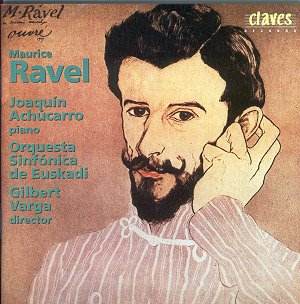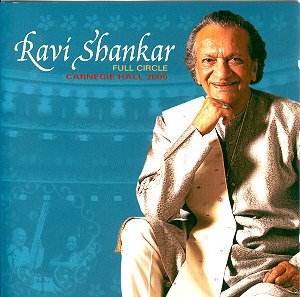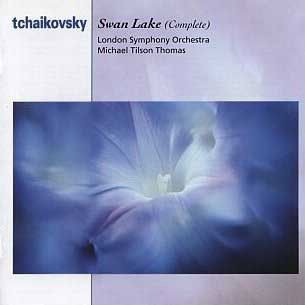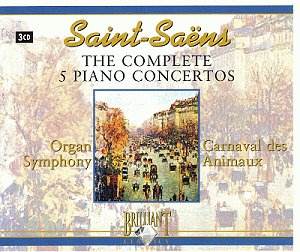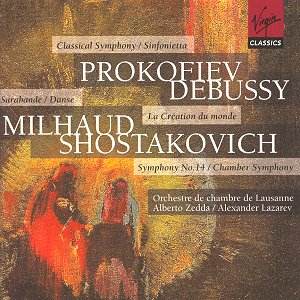 Composer: Dmitri Shostakovich
Composer: Dmitri Shostakovich
Works: Chamber Symphony for String Orchestra, Op.110a (arr. Rudolf Barshai); Symphony No.14 for soprano, bass, strings & percussion, Op.135
Performers: Makvala Kasrashvili (soprano), Mikhail Krutikov (bass), Lausanne Chamber Orchestra, conducted by Alexander Lazarev
Recording: Recorded at Lausanne University, April 1990 (Shostakovich); La Chaux de Fonds, Switzerland, April 1999 (Prokofiev, Debussy, Milhaud)
Label: Virgin Classics
Dmitri Shostakovich’s oeuvre is a profound reflection of the tumultuous landscape of 20th-century Russia, marked by both personal and political strife. The two works featured in this reissue, the Chamber Symphony Op.110a and the Symphony No.14 Op.135, encapsulate the composer’s complex relationship with mortality and suffering. The Chamber Symphony, an arrangement of the Eighth String Quartet, transforms a deeply personal work into a broader orchestral context, while the Symphony No.14, with its haunting settings of poetry from Lorca to Apollinaire, serves as a somber meditation on death. Both compositions are united by a stark emotional depth that continues to resonate with contemporary audiences.
The performance under Alexander Lazarev’s baton reveals a remarkable understanding of Shostakovich’s intricate textures and emotional landscapes. The Chamber Symphony, with its rich string palette, benefits from Barshai’s insightful arrangement, which adds depth without sacrificing the original quartet’s intimacy. Lazarev’s interpretation emphasizes the work’s elegiac qualities, drawing out the mournful motifs that recur throughout, particularly in the opening movement, where the DSCH motif is rendered with an unsettling poignancy. The ensemble’s cohesion is commendable; each phrase is articulated with precision, allowing the listener to navigate the emotional ebb and flow that is quintessentially Shostakovich.
In juxtaposition, the Symphony No.14 presents a more complex challenge. The work’s structure demands a careful balance between individual expression and the overarching orchestral fabric. Here, the performances by soloists Kasrashvili and Krutikov are noteworthy. Kasrashvili’s soprano is ethereal and haunting, particularly in the setting of Lorca’s texts, where her vocal line soars with an aching beauty that enhances the symphony’s thematic exploration of fragility and despair. Krutikov, with his resonant bass, provides a grounding contrast, delivering his lines with a gravitas that underscores the weight of the poetry. However, the omission of texts and translations in this release is a significant oversight. The varying nuances of Shostakovich’s selected poems are integral to appreciating the depth of the work, and their absence detracts from the listener’s ability to fully engage with the emotional core of the symphony.
The recording quality is commendable, capturing the warmth and clarity of the orchestra within the acoustically rich environment of Lausanne University. The string sound is notably full-bodied, with an impressive dynamic range that allows for both delicate passages and powerful climaxes to resonate effectively. The engineering maintains a balance that highlights the interplay between soloists and ensemble, though one yearns for the presence of textual documentation to enrich the listening experience further.
While the interpretations of these Shostakovich works are compelling, the decision to exclude vital textual information casts a shadow over the collection. Despite this, the musicianship remains exceptional; the performances are imbued with a level of artistry that honors the composer’s legacy. This reissue stands as a testament to the enduring power of Shostakovich’s music, effectively showcasing his ability to evoke profound emotional responses through complex orchestration and lyrical poignancy. The combination of technical excellence and interpretative insight positions this collection as a worthy addition to the catalog, albeit one that could have achieved greater heights with the inclusion of the complete texts.
